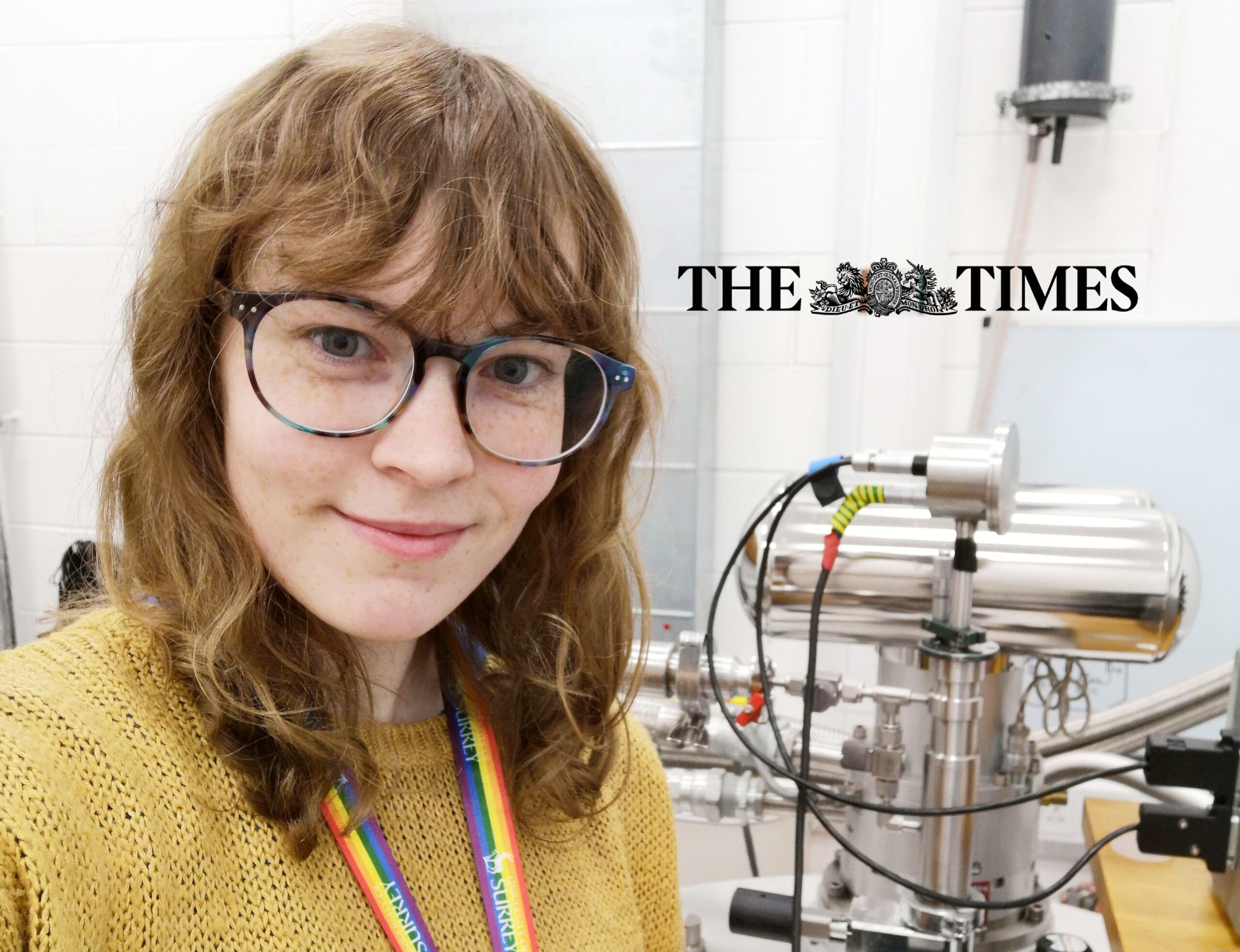
“Labs aren’t designed for autistic people like me”
Following the launch of our ground-breaking study with, HOK, and the University of the West of Scotland (UWS) which has revealed that the spaces designed to foster technological and scientific innovation are inadvertently stifling the potential of the brilliant minds working within, Daisy Shearer, a quantum physicist based at NQCC, calls on businesses to take account of neurodiverse needs or risk losing brilliant minds. You can read the full article in The Times here.
The Study:
To date, there has been a dearth of research into creating inclusive scientific spaces. Focused on science and technology innovators in laboratory settings, the study aimed to identify how individuals respond to sensory stimulation in current lab designs. It revealed that half (48.1%) of all survey respondents, who work in laboratory settings identify as neurodivergent, more than double the global average (20%) and more than a quarter (25.5%) identify as autistic, twenty-five times the UK average (1%).
It highlighted how neurodivergent individuals are particularly sensitive to auditory, visual, and tactile elements, exposing that many existing laboratories are not designed to address these needs holistically. These sensory distractions are linked to cognitive interruptions such as loss of focus and a disruption of creativity and innovation which in turn, directly impacts employee engagement, satisfaction, and productivity.
The study also revealed that less than a third (29.9%) of the next generation of innovators consider themselves neurotypical. Without inclusive laboratory designs, we risk undermining these brilliant minds, leading to reduced productivity, poor recall, burnout, stress and recruitment and retention challenges.
Harwell Campus sits as part of the ARC network of campuses which supports over 300 science and tech organisations and over 10,000 innovators, building ecosystems that drive impactful innovation in our daily lives. The anonymised study included lab-based users from ARC’s network, science departments at the University of Oxford and participants from selected European science campuses.